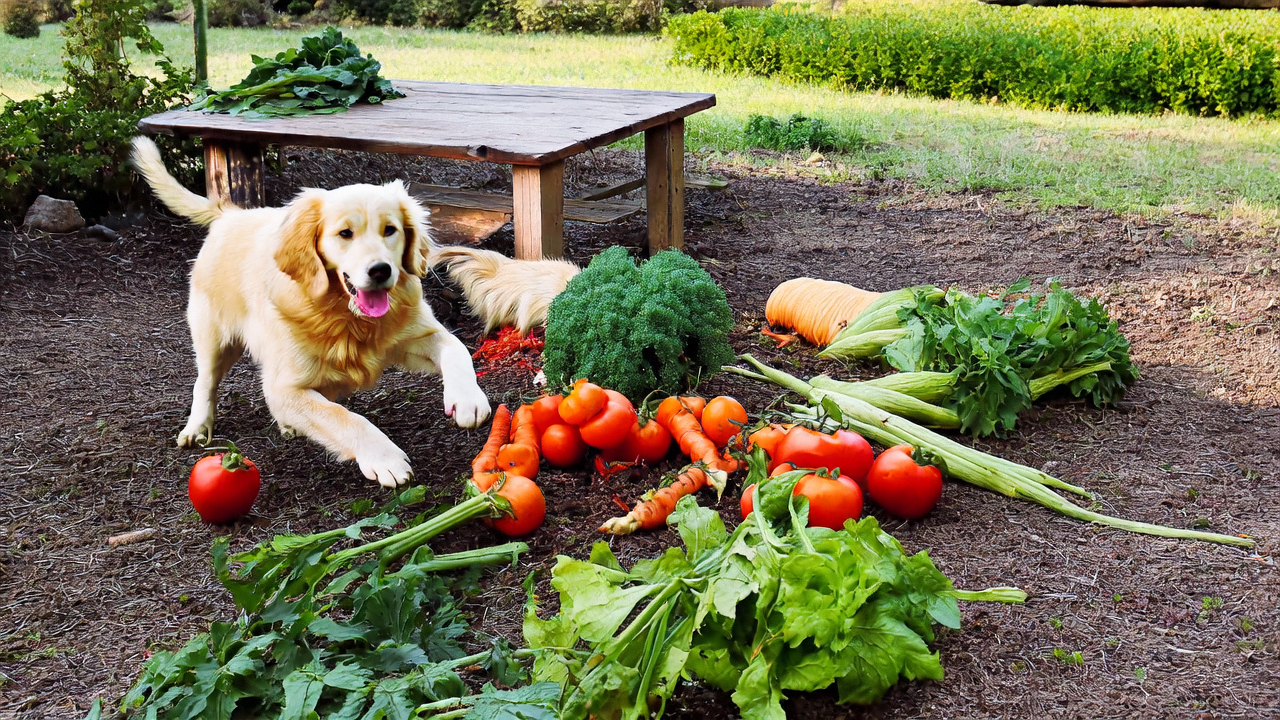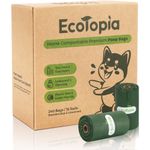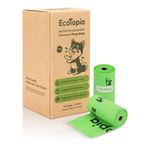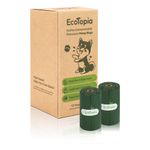As sustainability becomes a global priority, eco-conscious consumers are demanding more transparency from the products they buy. One of the most trusted certifications for compostable products is OK Compost, a widely recognized label that guarantees a product will break down safely in specific composting environments.
Whether you're curious about what the certification entails or why it matters, this guide will break down everything you need to know about OK Compost Certification.
What Is OK Compost Certification?
OK Compost is a certification label managed by TÜV Austria, a leading international testing organization. The certification applies to products that are compostable under specific conditions, such as in industrial composting facilities or home composting setups.
There are two main types of OK Compost certifications:
OK Compost INDUSTRIAL
This label guarantees that a product will fully decompose in an industrial composting environment, which offers controlled conditions like high temperatures (50–60°C), regulated humidity, and active microorganisms. Products certified for industrial composting comply with the EN 13432 or ASTM D6400 standards.OK Compost HOME
Products with this label can break down in less controlled conditions, such as a backyard compost bin. Since home composting occurs at lower temperatures and varies more in microbial activity, this certification requires even more stringent testing.
What Does It Take to Earn OK Compost Certification?
Achieving OK Compost certification isn’t easy. Products must meet strict environmental and technical requirements, including:
Biodegradability
At least 90% of the product must decompose into carbon dioxide, water, and biomass within a set timeframe in composting conditions.Disintegration
The product must physically break down into small fragments (smaller than 2 mm) within 12 weeks, leaving no visible residue.Eco-Toxicity
Compost produced from the product must pass tests to ensure it is non-toxic to plants and soil.Low Heavy Metal Content
Any traces of heavy metals like lead, mercury, or cadmium must fall well below strict safety limits.
How to Recognize OK Compost Certified Products
The OK Compost logo is the easiest way to identify certified products.
- For industrial composting, the label reads OK Compost INDUSTRIAL.
- For home composting, it reads OK Compost HOME.
You’ll often find these logos on packaging, compostable bags, single-use tableware, and even certain food wraps.
Why OK Compost Certification Matters
For Consumers
OK Compost simplifies the process of choosing eco-friendly products. With this certification, you can trust that what you’re buying won’t end up polluting the planet.
For Businesses
Brands that earn OK Compost certification gain an edge in the sustainable market. The logo demonstrates a commitment to environmental responsibility, building trust with eco-conscious customers.
For the Planet
Certified compostable products help close the loop on waste, reducing landfill contributions and encouraging the use of compost as a natural fertilizer.
Industrial Composting vs. Home Composting
It’s important to understand the difference between industrial and home composting environments when choosing OK Compost-certified products:
- Industrial Composting: Facilities use high heat, humidity, and specific microorganisms to accelerate the composting process. Products certified for industrial composting may not break down effectively in a backyard compost bin.
- Home Composting: Products certified for home composting are tested to decompose in cooler, less controlled conditions, making them suitable for personal compost piles or bins.
When in doubt, check the certification label to know which environment is suitable for your product.
OK Compost vs. Other Certifications
While there are other compostability certifications like Seedling and BPI, OK Compost stands out for its dual focus on both industrial and home composting. It provides a clear distinction between the two environments, ensuring products meet the appropriate standards for their intended use.
How to Get OK Compost Certification
For manufacturers, obtaining OK Compost certification involves:
- Submitting the product for testing at an accredited laboratory.
- Providing detailed information on materials and production processes.
- Passing a series of rigorous tests for biodegradability, disintegration, and eco-toxicity.
Once approved, the product earns the right to display the OK Compost logo, signaling its compliance with compostability standards.
The Future of Compostable Products
With certifications like OK Compost, the shift toward a circular economy is becoming a reality. By choosing products with this label, consumers can reduce waste, support sustainable practices, and help create a cleaner planet.
So, whether you’re shopping for compostable trash bags or eco-friendly packaging, keep an eye out for the OK Compost logo. It’s a small symbol that makes a big difference for the environment.





